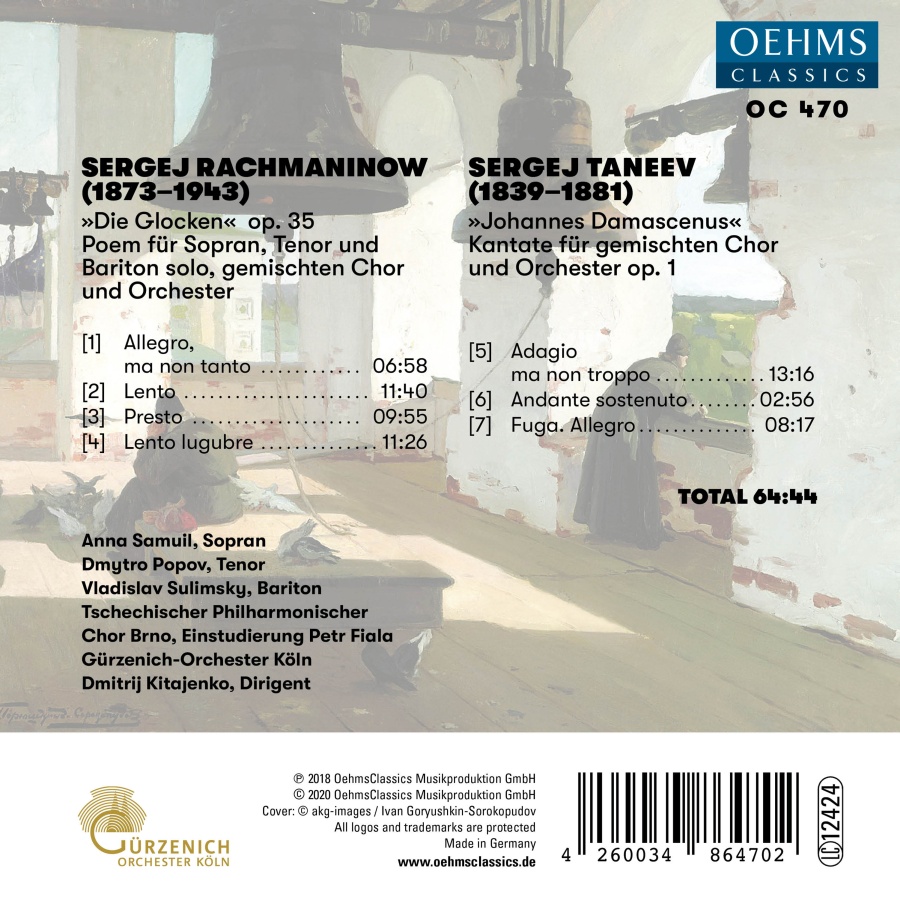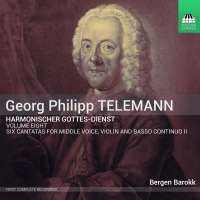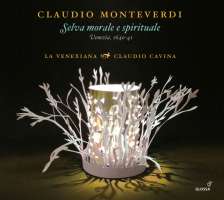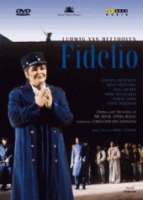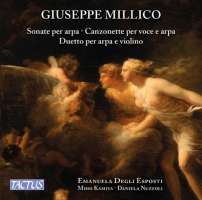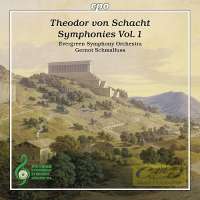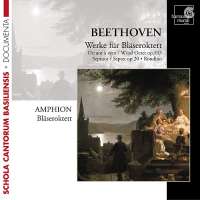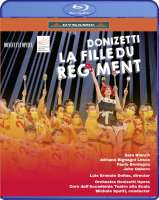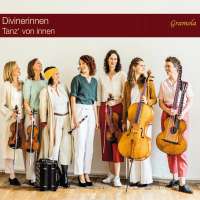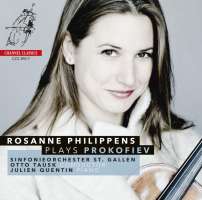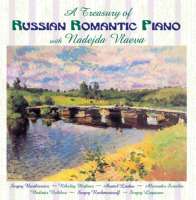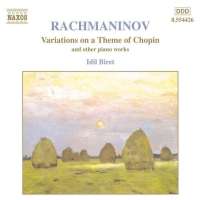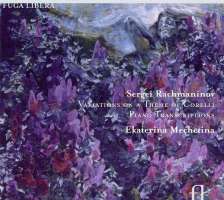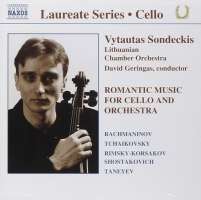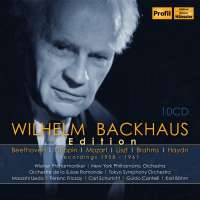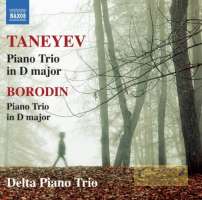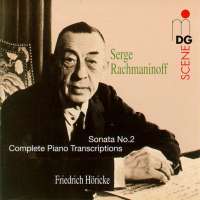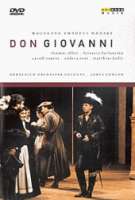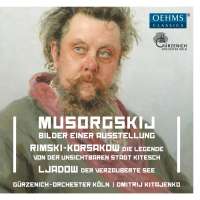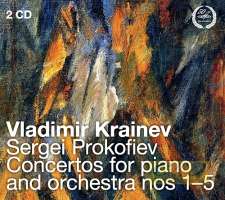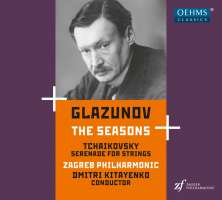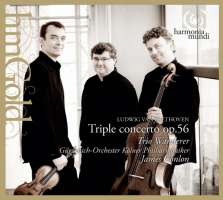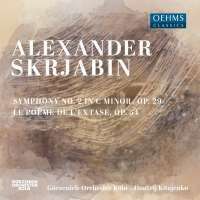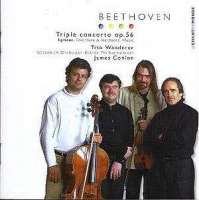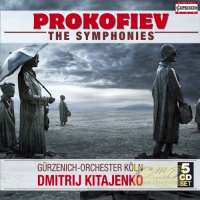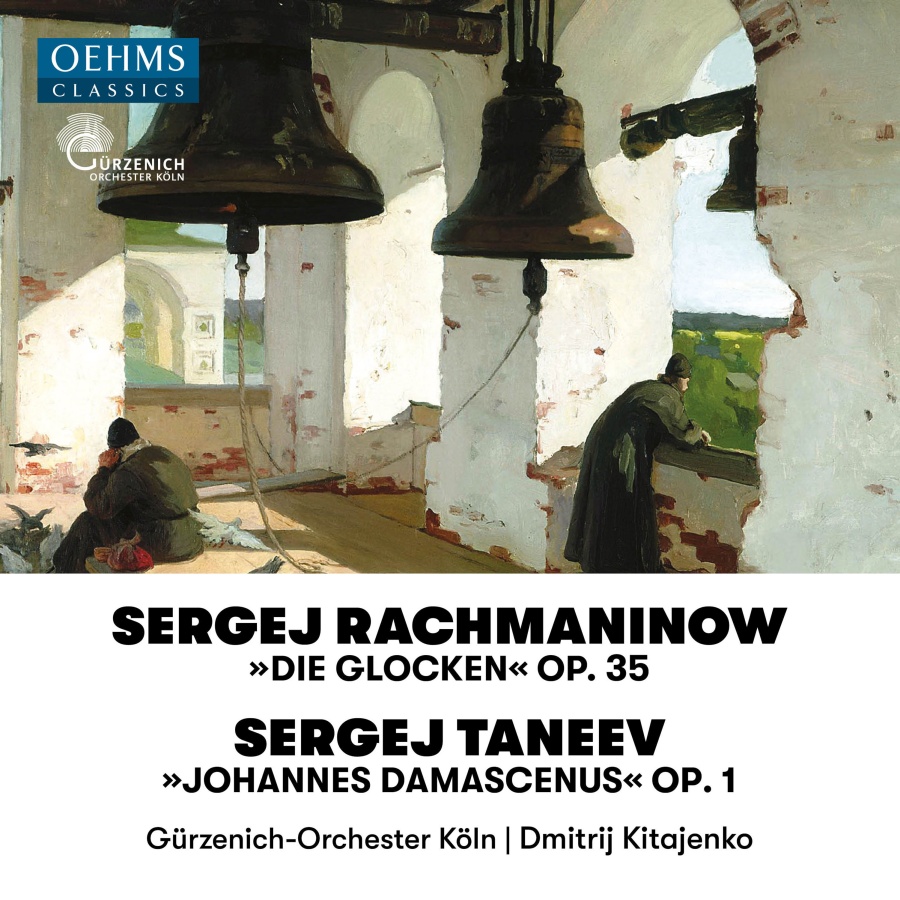
kompozytor
Rachmaninov, Sergey;
Taneyev, Sergey
tytuł
Rachmaninov: Die Glocken; Taneyev: Johannes Damascenus
wykonawcy
Gürzenich-Orchester Köln;
Kitajenko, Dmitrij
Kitajenko, Dmitrij
nr katalogowy
OC 470
opis
Bells above Russia • For whom the bells toll: Images of life, love and death in Rachmaninov’s The Bells • Inspired by the American poet Edgar Allan Poe (1809–1849), the symphonic poem The Bells was written in 1913. Its four parts describe different features of bell ringing: children’s sleigh bells in the first section, the wedding bells of a young couple in the second, alarm bells for a misfortune in the third, and mourning bells in the fourth. Rachmaninov uses the text version by Konstantin Balmont (1867–1943), who freely rewrote Edgar Allan Poe's original. Rachmaninov adeptly avoided the direct emulation of bell sounds through carillons and similar percussion instruments. • Between counterpoint and Russian church hymn: Escape from the world and faith in a moving cantata • Having learned the appropriate compositional techniques from the polyphony of Bach and Handel,Taneyev pursued the idea of combining counterpoint and Russian folk music. The cantata Ioann Damaskin (Johannes Damascenus), written in 1883–84, refers to a longer poem by Aleksej K. Tolstoj (1817–1875). It deals with the retreat of John of Damascus (c.676–c.754) from worldly crowds to a spiritual retreat. From this very long poem, however, Taneyev selected merely 16 lines on which to base his church cantata, without reference to any biographical background. It is simply about man’s path through life in darkness and fear, followed by redemption at The Last Judgement. The work's Baroque-style counterpoint occupies a special position in Russian late Romanticism.
nośnik
CD
gatunek
Muzyka klasyczna
producent
Oehms Classics
data wydania
06-07-2020
EAN / kod kreskowy
4260034864702
Produkt nagrodzony:
ICMA 'Finalist' (2020)

(Produkt nie został jeszcze oceniony)
cena 58,00 zł
lubProdukt na zamówienie
Wysyłka ustalana indywidualnie.
Darmowa wysyłka dla zamówień powyżej 300 zł!
Darmowy kurier dla zamówień powyżej 500 zł!
sprawdź koszty wysyłki